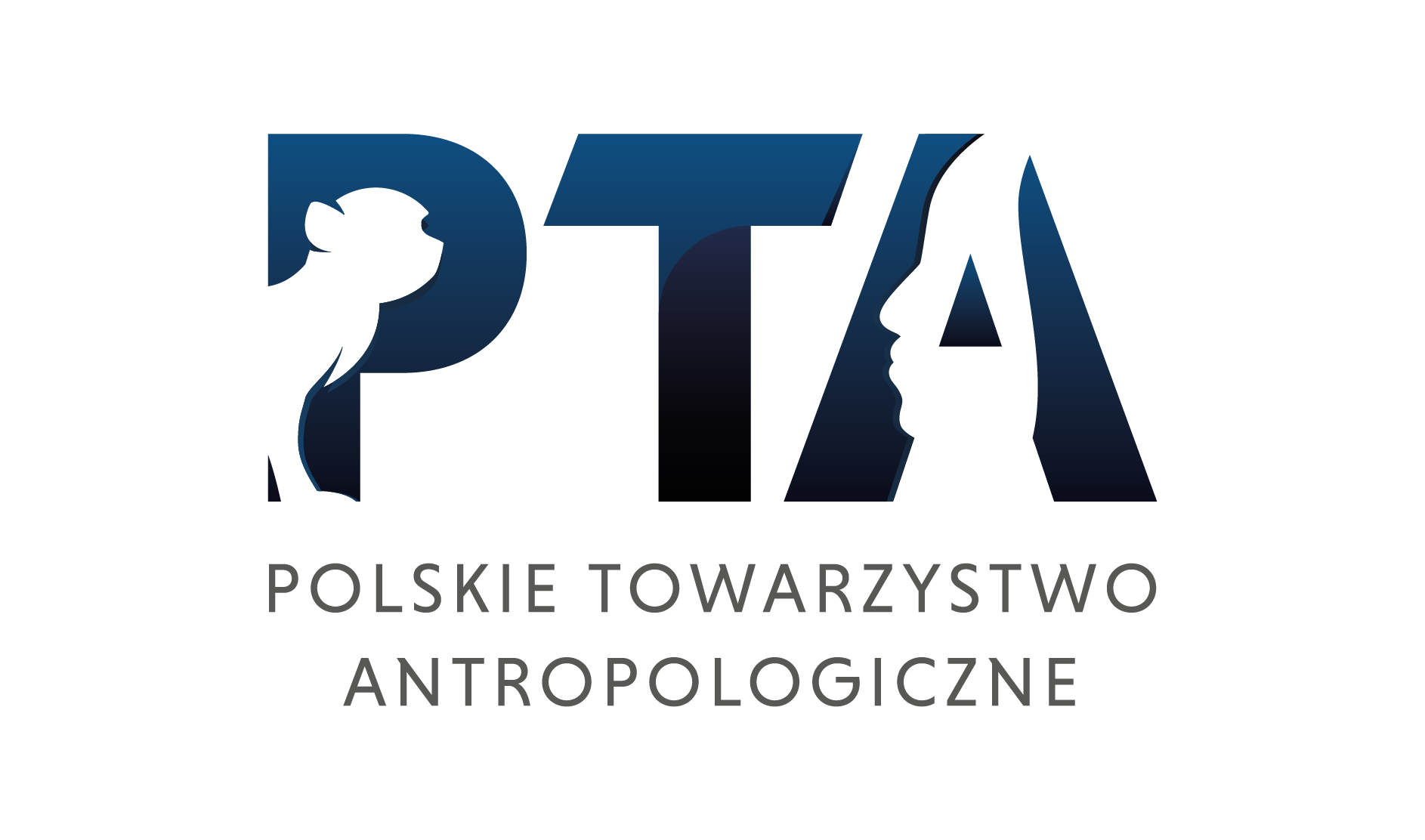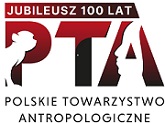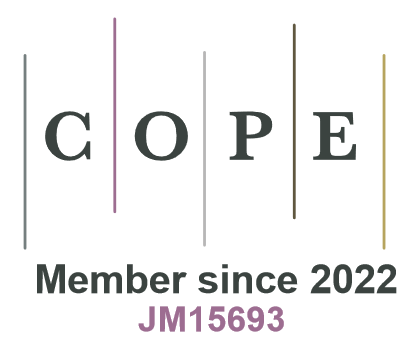Adaptative Aspects of Hominization. Part II. Nutritive Adaptations
DOI:
https://doi.org/10.18778/1898-6773.57.1-2.06Abstract
An attempt to reconstruct the potential Australopithecines' diet is based first of all on comparative analysis of their dentition and teeth of modern antropoids and the nutrishment they feed on.
Study on dentition of Australopithecines suggests a great contribution of food characterizing by hard consistency (particularly in the case of massive forms, as A. robustus) but excludes a narrow specialization, whether in the carnivores’ direction or in the seed-eaters' one.
It seems that the atractiveness of the food in demand is composed of its high caloricness (seeds with high fat content) and fruits or young shoots with high sugar content) as well as the low concentration of toxical substances and the presence of compounds of phosphorus and exogenous amino acids (meat, bone marrow).
Downloads
References
Blumenschine R.J., 1992, Padlinożerstwo a ewolucja człowieka, Świat Nauki, 12
View in Google Scholar
Bromage T.G., 1990, Early hominid development and life history, [w:] Primate life history and evolution, New York
View in Google Scholar
Frost G.T., 1987, How did big brains evolve? The role of neonatal body size. Hum. Evol., 2/3, 193-203
View in Google Scholar
DOI: https://doi.org/10.1007/BF03016105
Jolly C.J., 1970, The seed eaters: a new "model of hominid evolution based on a baboon analogy, Man, 5, 5-26
View in Google Scholar
DOI: https://doi.org/10.2307/2798801
Kay R.F., 1985, Dental evidence for the diet of Australopithecus, Ann. Rev. Anthrop., 14, 315-341
View in Google Scholar
DOI: https://doi.org/10.1146/annurev.an.14.100185.001531
Lévi-Strauss C., 1970, Antropologia strukturalna, PIW, Warszawa
View in Google Scholar
Luchterhand,R., 1982, On early hominid plant-food niches, Curr. Anthrop., 23/2, 127-139
View in Google Scholar
DOI: https://doi.org/10.1086/202812
Peters Ch., M. O 'Brien, 1981, The early hominid plantfood niches; insights front an analysis of plant exploitation by Homo, Pan, Papio in East and Southern Africa. Curr. Anthrop., 22/2, 127-140
View in Google Scholar
DOI: https://doi.org/10.1086/202631
Peters Ch., M. O'Brien, 1984, On hominid diet before fire, Curr. Anthrop., 25/3, 358-360
View in Google Scholar
DOI: https://doi.org/10.1086/203151
Reichholf J.H., 1992, Zagadka rodowodu człowieka, . PWN, Warszawa
View in Google Scholar
Shipman P., 1988, Dlaczego przetrwaliśmy?, Problemy, 3
View in Google Scholar
Stahl A.B., 1984, Hominid dietary selection before fire. Curr. Anthrop., 25/2, 151-168
View in Google Scholar
DOI: https://doi.org/10.1086/203106
Szalay F.S., 1975, Hunting – scavenging protohominids: A model for hominid origins, Man, 10, 420-429
View in Google Scholar
DOI: https://doi.org/10.2307/2799811
Szarski H., 1990, Historia zwierząt kręgowych, PWN, Warszawa
View in Google Scholar
Downloads
Published
How to Cite
Issue
Section
License

This work is licensed under a Creative Commons Attribution-NonCommercial-NoDerivatives 4.0 International License.








